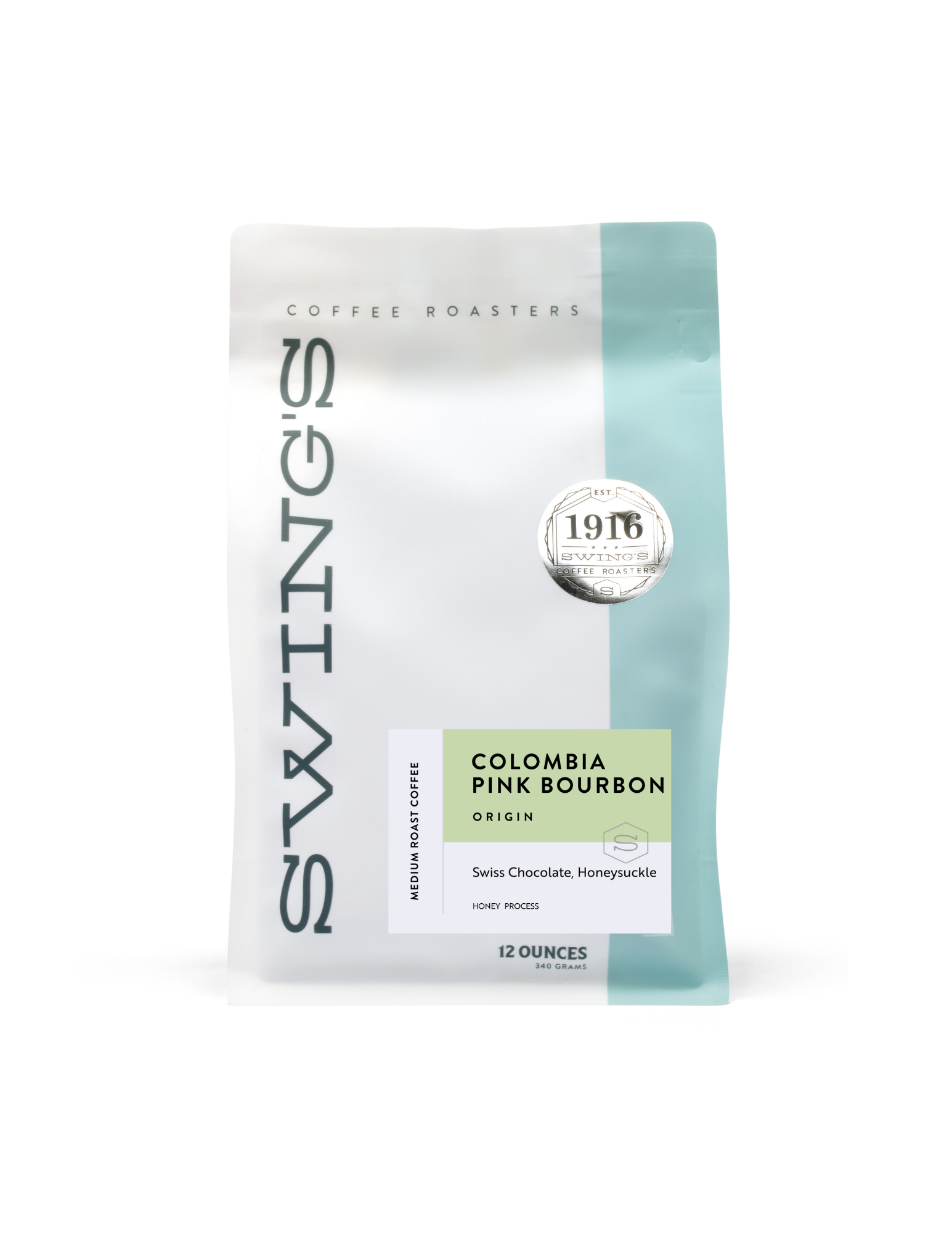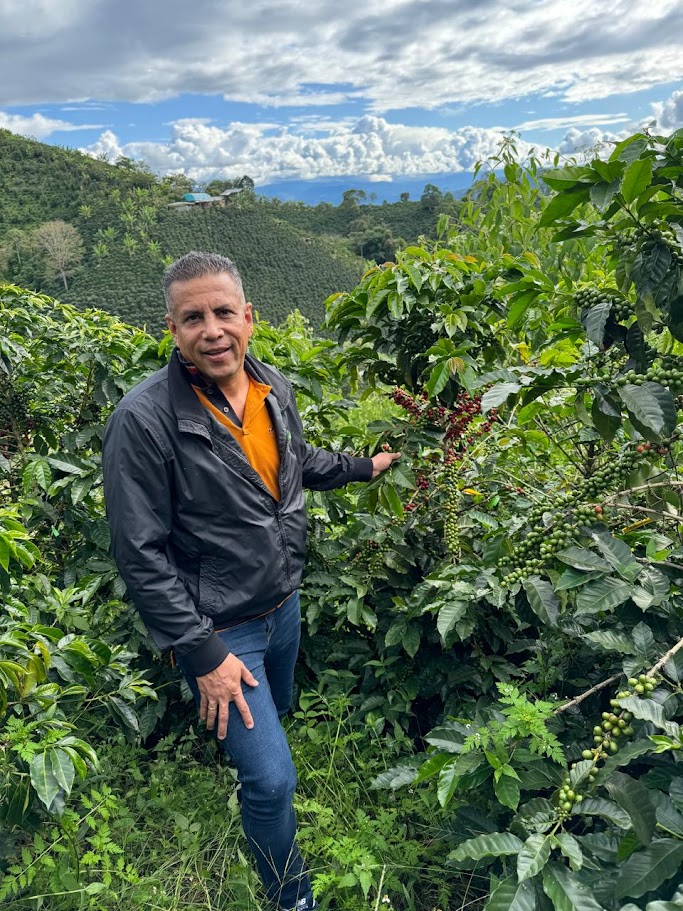Colombia is the world’s second-largest producer of Arabica coffee, and no region embodies that legacy more than Huila. This southwestern department, nestled against the foothills of the Andes, produces more coffee than any other in the country. At its core lies Pitalito—a vibrant town that leads all Colombian municipalities in coffee production. Here, coffee isn’t just a crop; it’s in the bones of the people. Farmers in Pitalito apply advanced agronomic practices and consistently produce coffee that dominate the Cup of Excellence year after year.
The region’s gently rolling hills set it apart from neighboring areas that cling to steep Andean slopes. This unique topography makes roads more accessible, facilitates transport, and supports infrastructure. With abundant rivers and streams crisscrossing the landscape, conditions are ideal for cultivating high-quality coffee. Best of all—it all grows agroTIC: guided by precision agroforestry, mobile technology, and data-driven farming practices that help producers optimize quality, sustainability, and yield.
Fernando grew up farming coffee, following in the footsteps of his father and grandfather. After completing an extension course through the Federación Nacional de Cafeteros (FNC), Colombia’s national coffee growers’ association, he gained a modern set of tools and knowledge to apply to his work.
In 2011, Fernando purchased his first farm, Villa Rubiela, originally pastureland with about 6,000 Caturra coffee trees. Knowing that one tree yields roughly one pound of roasted coffee per harvest, he immediately began planting more. Today, the farm is thriving with Pink Bourbon coffee, which he processes using the semi-washed (or Honey) method.
| Roast | Light |
|---|---|
| Process | Honey |
| Varietal | Pink Bourbon |
| Elevation | 1,700 ft |
| Region | Huila |








